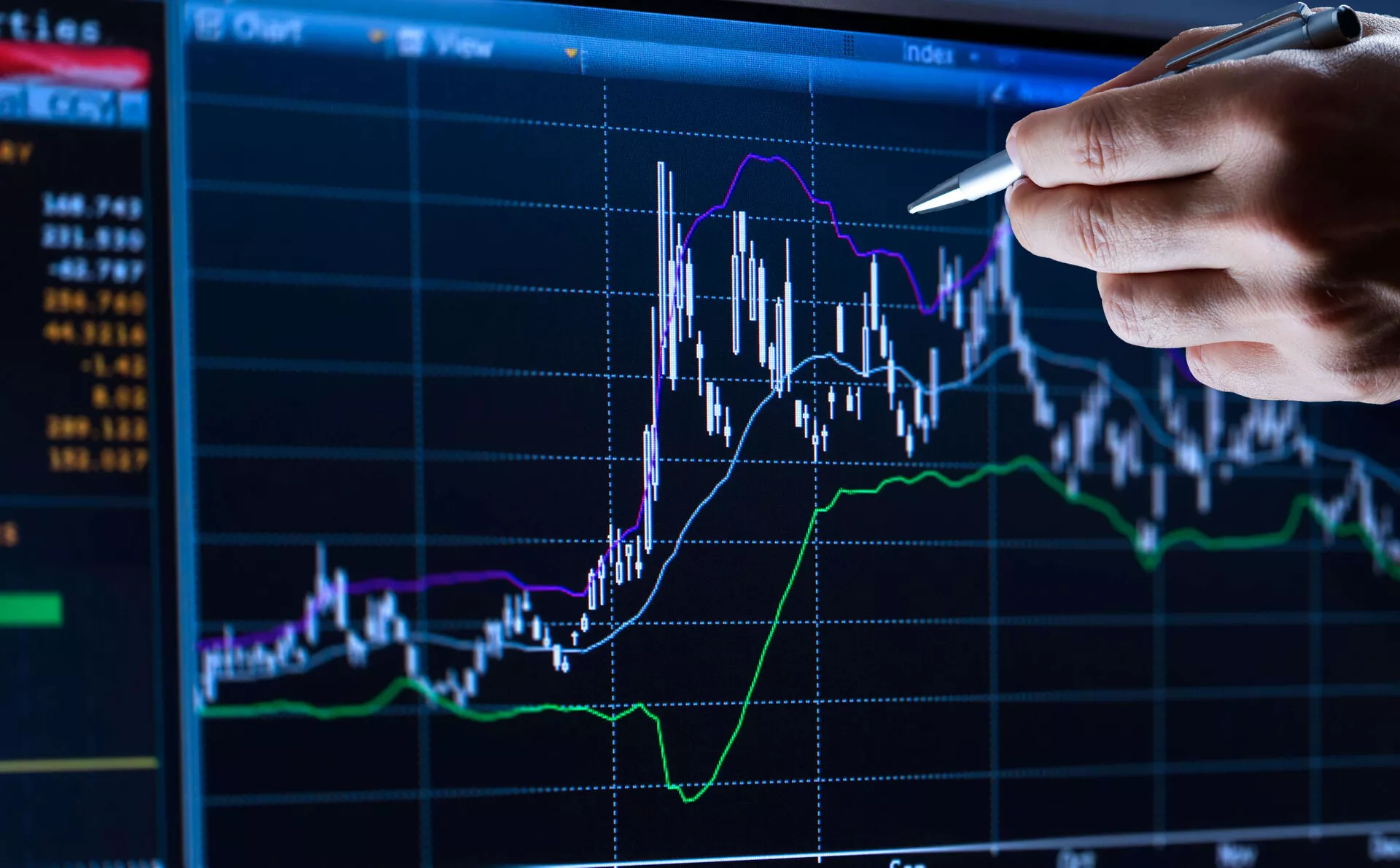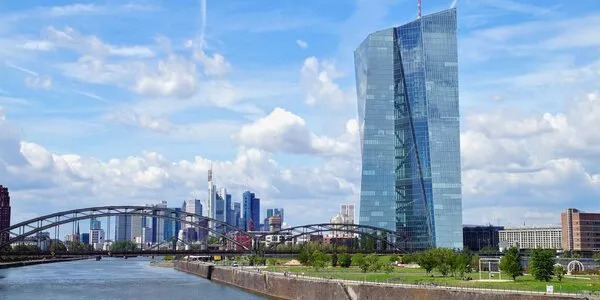
Weekly Update - Euro area: latest inflation figures spell trouble
Price pressures continued to run high last month and inflation rose again for all goods and services – not just energy (Chart 1). Euro area inflation was 8.1% in May, another monthly rise (after April’s 7.4%) that not only outstripped analysts’ expectations of 7.7% but amply beat the ECB’s own projections (Chart 2). True, much of the rise is still being driven by energy and food. But underlying inflation also rose to 3.8%, a level the European Central Bank (ECB) will find it uncomfortable to live with. This is all in contrast to what is happening in the United States, where inflation seems to have peaked and where underlying inflation slowed in April, a trend likely to be confirmed when May figures come out.
Business sentiment still positive amid growing risks to the economic outlook. May’s PMI fell but remained above 50 points, pointing to slower but still expanding economic activity. Services, in particular, continue to drive growth as they reap the ongoing benefits of the end of Covid restrictions. The job creation sub-index also remains bullish, indicating a solid and resilient employment market in the zone. That said, this relatively healthy story for business is not matched by household confidence, which has slumped to lows as real disposable incomes are squeezed. Overall, Euro area economies still have real capacity to cope with this upside surprise in inflation.
ECB may speed up monetary policy normalisation. The messages coming out of the ECB have been evolving in recent weeks, prompting bank-watchers to forecast 25 bp rate hikes in both July and September. Now, the latest inflation figures are fuelling speculation about a possible 50 bp hike (rather than 25 bp) in July. While it is eminently sensible to bring monetary policy back to a more normal stance in the current inflationary environment, the ECB will have to take care not to tighten monetary conditions too fast and too far, at the risk of tipping already fragile economies into recession.
Also, in the main events of the week, we chose to talk about the meeting between Jerome Powell and Joe Biden and about Croatia entering the Euro area.




